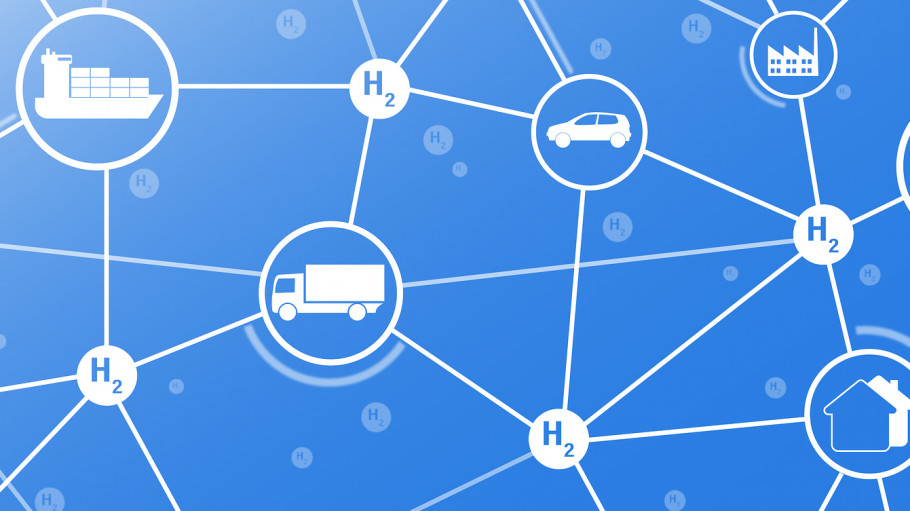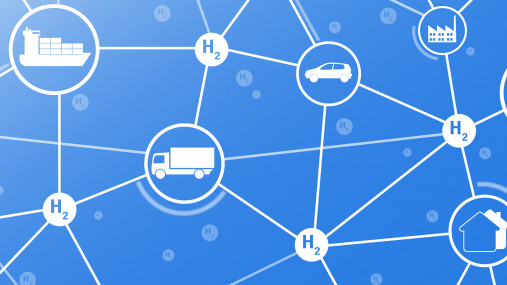
Publications » Position papers » EUROFER Energy Manifesto
EUROFER Energy Manifesto
Downloads and links
Recent updates

The ongoing crises stemming from the Russian attack on Ukraine and the persistent surge in energy prices which began during the last quarter of 2021 are posing considerable challenges to the European economy and its society. Such dynamics are also severely affecting the competitiveness of the European steel industry as raw materials and energy supply chains are disrupted, energy prices skyrocketing, and steel production costs reaching unfeasible limits.
Actual and potential future trade embargos and disruptions to the supply chain of raw materials and energy are also exposing the urgency and relevance of the decarbonisation efforts of the European steel industry. As rightfully recognised, the steel sector plays a crucial role in the fight against climate change, enabling the Union’s transition towards carbon-neutrality, enhancing the resilience and autonomy of the European Union, and ultimately contributing to its global competitiveness. It is therefore vital that the revised energy system strategy of the European Union presented in May 2022 turns the challenges of decarbonisation and reducing the dependency on Russian fossil fuels into opportunities for the Union and the steel industry to improve strategic autonomy and to build a fully resilient, internationally competitive and decarbonised economy.
Accordingly, both short-term and long-term measures by the EU are therefore needed for the steel sector including support solutions, beyond state aid, capable of delivering structural changes to the European energy system. In this context, it is essential to increase the participation of industrial end-users in energy policy-making discussions on an equal footing in all relevant fora and within the energy value chain (e.g., in view of the temporary platform of the European Network of Hydrogen Network Operators [ENNOH] as proposed in the Gas and Hydrogen Decarbonisation Package).
Against this background, we wish to stress the necessity for the upcoming revised Communication on RePowerEU to carefully consider and incorporate the following issues of high importance for the European steel industry as part of the Commission strategy:

Download this publication or visit associated links
Joint Industry Statement
Brussels, 11 February 2026 - The European Steel Association (EUROFER) has backed a call to action adopted by European companies and industries in Antwerp today, which includes a demand on the EU to take urgent action to bring electricity prices down as a condition for Europe’s industrial drive, competitiveness and economic resilience.
The automotive value chain is of vital importance to the EU steel industry and requires an integrated approach to realising the decarbonisation transition in a pragmatic way.